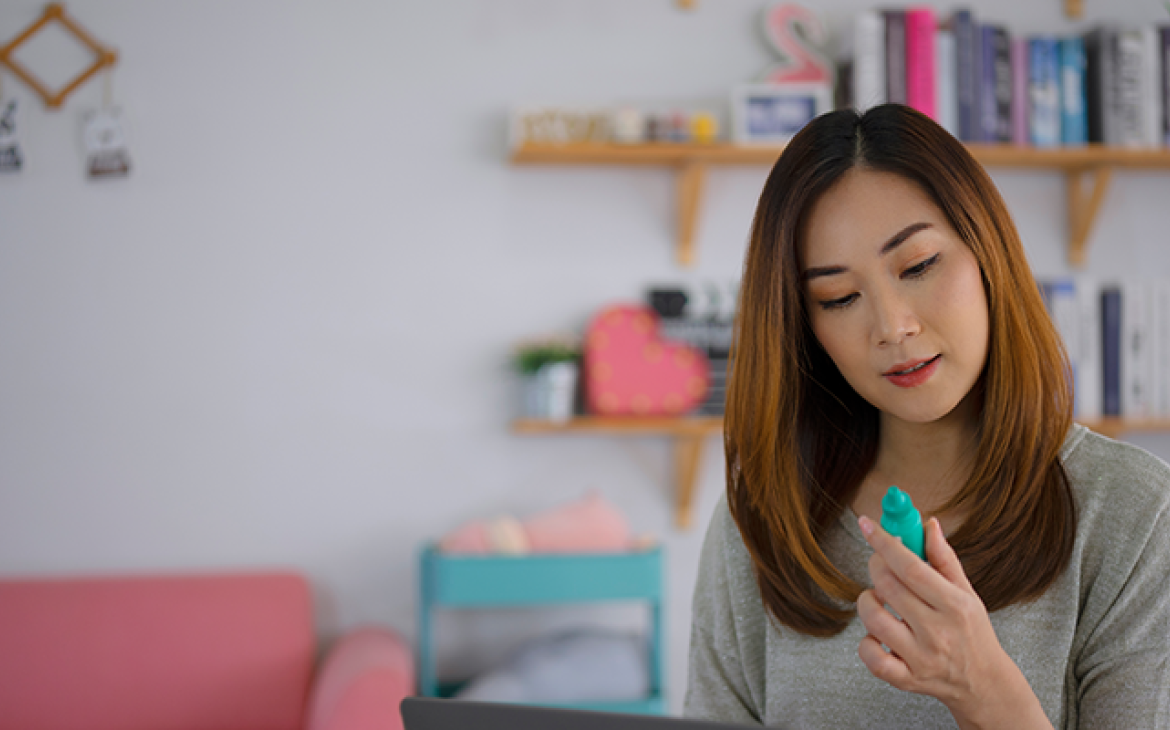
This summer, my wife and I and our two young daughters have had a lot on our plates.
Having recently moved into our new home, our lives have revolved around what seems like a constant flow of unpacking, organizing and re-organizing (not to mention landscaping), layered on top of the general buzz that accompanies summer living with a 5-year-old and a 3-year-old.
A couple of weeks ago, we took a family vacation to San Francisco. Before leaving for our trip, I was going through my mental checklist of pre-vacation “to do’s” when something occurred to me.
In the hustle and bustle of summer activities, there are some simple things about daily life that can be easily overlooked. One of them is proper handling and storing of medicines when your family’s regular routine changes, which can happen when you go on vacation, to the beach or wherever your summer activities take you.
As USP’s senior scientific liaison that works on standards for the packaging, storage and distribution of medicines, I’m keenly aware of the measures manufacturers and distributors take to help ensure that medicines are properly handled and stored before reaching the pharmacy, and ultimately, the patient.
A lot of the basic concepts applied by manufacturers and distributors can certainly apply to you and your family as well. So here are four tips for protecting your medicines—and your family—during these summer months.
1. Avoid Exposure to Moisture
Have you ever accidentally dropped a pill into a wet sink and found it dissolving almost within seconds?
Exposure to moisture has a direct impact on medicine quality. If you think about it, that’s exactly what happens when you swallow a pill, and the moisture in your mouth sometimes triggers its breakdown.
Generally, the medicine dissolves and travels from your stomach into your bloodstream and delivers the intended therapeutic effect.
So to help maintain the quality of your medicines, make sure that they’re always protected against unwanted moisture.
2. Store Medicines In a Cool, Dry Place
It seems like your bathroom cabinet is a logical place to keep your medicines. But think about how many times a day humidity and temperature can change in your bathroom just from shower use alone.
And if the tops of those medicine bottles aren’t firmly secured, moisture can creep into them, as the cabinet door is open and shut.
It’s best to keep your medicines in a cool, dry place where the temperature isn’t likely to change.
If you’re travelling, transferring pills from original prescription bottles into a sealed plastic bag is a common space-saving measure. Prescription bottles are usually a dark amber or white opaque color to help prevent the exposure of medicines to light, which can contribute to their breakdown. If you’re storing your medicines in a plastic bag, make sure that you keep them from being exposed to direct light.
If you’re flying, check with the Transportation Security Administration (TSA) about any current requirements regarding medicines in your carry-on bags.
3. Beware of Extreme Heat
If you’re driving to your vacation destination, your luggage is likely to be stored in the trunk of your car (along with your medicines) for an extended period of time. The temperature inside the trunk—especially when continuously exposed to sunlight—may get very high.
The same would hold true for baggage stored for a long period of time in an airplane cargo area.
Heat can also be a factor with mail-ordered medicines that are delivered directly to your home. Keep tabs on the date when your medicines are likely to arrive. That way, you can avoid having your medicines sitting in a mailbox, exposed to heat for an extended period of time.
4. Read Medicine Labels Carefully
Drug manufacturers take their products through rigorous testing to make sure they remain stable throughout their shelf-life. However, some medicines (e.g., insulin) may require special storage conditions such as refrigeration.
It’s important to read the label and/or talk to your pharmacist about any special instructions for properly storing your medicine.
This is particularly important when you or your family members are away from home, and your normal daily routine changes.
Subscribe to the Quality Matters RSS feed to receive our latest content.
Desmond Hunt, Ph.D., is a senior scientific liaison for packaging, storage and distribution at the U.S. Pharmacopeial Convention.


